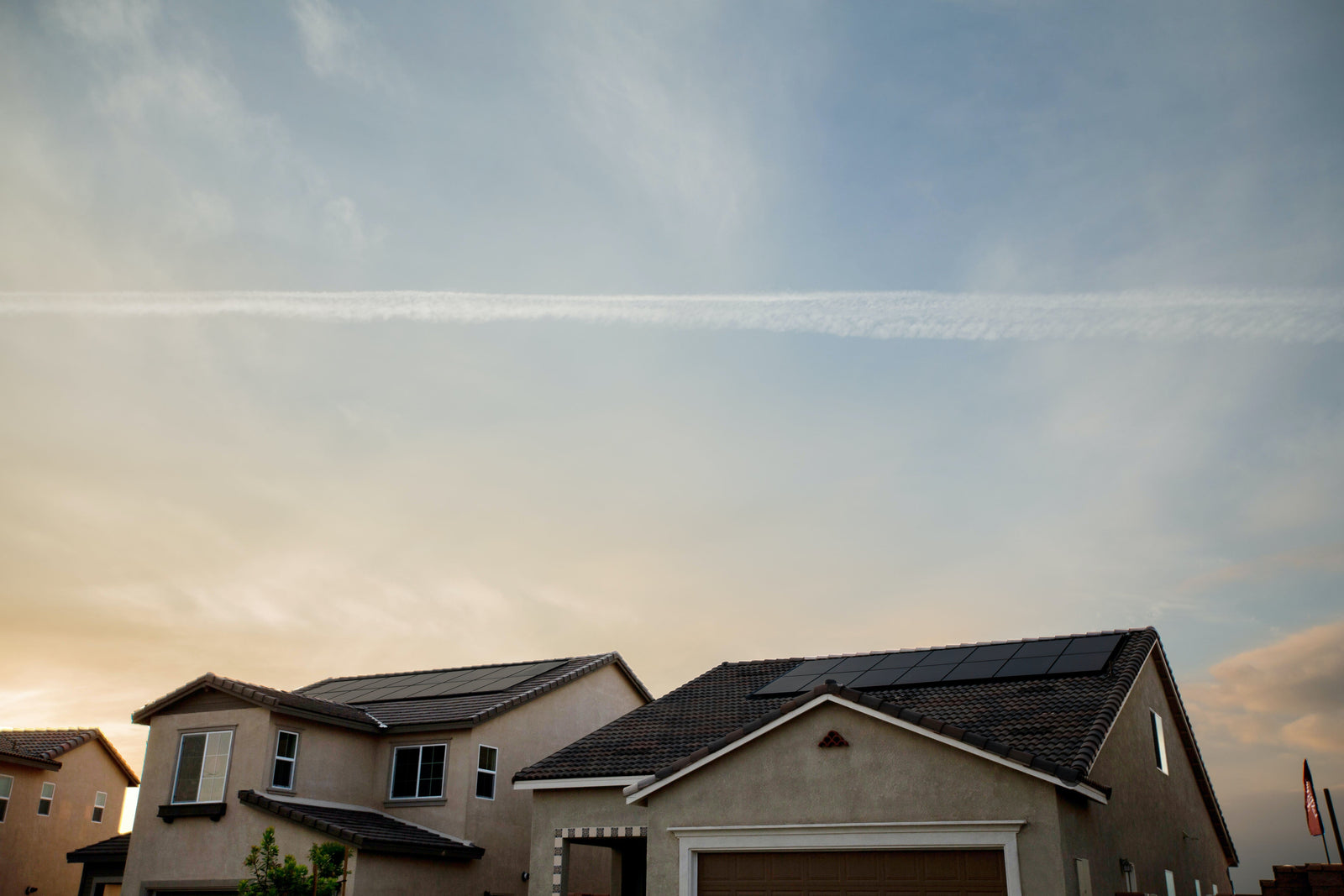Welcome to our comprehensive guide on designing your solar system. Whether you're planning to go off-grid or simply want to reduce your reliance on traditional energy sources, understanding how to calculate your energy needs and choose the right components is crucial. In this blog post, we will walk you through the process step-by-step, providing valuable insights and tips to help you make informed decisions.
1. Understanding Your Energy Needs
Before diving into selecting components for your solar system, it's important to assess your energy requirements accurately. This involves estimating your daily energy consumption and assessing your peak power demand. By understanding these factors, you can determine the capacity and size of your solar system effectively.
Estimating Your Daily Energy Consumption
To estimate your daily energy consumption, consider the appliances and devices you use regularly. Make a list of their power ratings (in watts) and the average number of hours they are used each day. This will give you an idea of how much energy you need to generate to meet your daily requirements.
Assessing Peak Power Demand
Peak power demand refers to the maximum power your solar system off grid should be able to handle at any given time. Identify the appliances or devices that require the highest amount of power and calculate the total wattage required when they are all operating simultaneously. This will help you determine the power capacity your system should be designed for.
2. Choosing the Right Components for Your Solar System
Once you have a clear understanding of your energy needs, it's time to select the right components for your solar system. Here are the key components you'll need to consider:
Solar Panels: Efficiently Harnessing Solar Energy
solar panels flexible are the backbone of your solar system, as they convert sunlight into usable electricity. Consider factors such as panel efficiency, size, and type (monocrystalline, polycrystalline, or thin-film) to ensure optimal energy generation for your specific requirements.
Battery Bank: Storing and Utilizing Solar Power
A reliable battery bank is essential for storing excess solar energy generated during the day for use during the night or periods of low sunlight. Evaluate battery capacity, voltage, and cycle life to ensure sufficient energy storage and long-term performance.
Inverter: Converting DC Power to AC Power
An inverter is responsible for converting the direct current (DC) power generated by your solar panels and stored in the battery bank into alternating current (AC) power for running household appliances. Consider factors such as inverter type (modified sine wave or pure sine wave), power capacity, efficiency, and surge capacity to match your specific needs.
Charge Controller: Regulating Solar Charging
A charge controller regulates the charging process of your battery bank and protects it from overcharging or deep discharge. Look for features such as maximum charging current, voltage regulation, temperature compensation, and monitoring capabilities to ensure optimal battery health and longevity.
Monitoring System: Optimizing Solar Performance
Implementing a monitoring system allows you to track the performance of your off grid solar system in real-time. Consider using solar monitoring devices or software to monitor energy production, battery status, and overall system performance. This information can help you identify any issues and optimize your system for maximum efficiency.
Designing your solar system involves careful consideration of your energy needs and selecting the right components to meet those requirements. By accurately estimating your energy consumption, assessing peak power demand, and choosing high-quality solar panels, batteries, inverters, charge controllers, and monitoring systems, you can create an efficient and reliable off-grid solar system. With proper planning and component selection, you'll enjoy the benefits of renewable energy while reducing your environmental footprint.
For a wide range of high-quality solar system components and expert guidance, explore our Off-Grid Solar Systems Collection and take a step towards a sustainable energy future.
Tip: If you want to know more about Off Grid Solar System consider reading one of our best articles, "Switch to Solar Energy With Ease: Explore the Benefits of Rocksolar's Solar Panel Kits“
